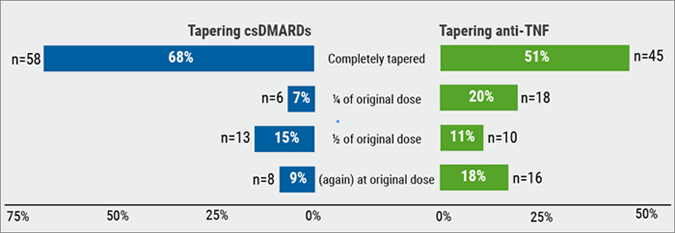"Our findings really do reinforce the fact that hydroxychloroquine is a safe and effective long-term disease-modifying drug for our rheumatic patients," said Dr. Elizabeth Park, of Columbia University in New York City, co-author of one of the studies.
"With these data, we can reassure both prescribing providers and our patients that this drug is effective and safe," said Dr. H. Michael Belmont, co-director of the NYU Lupus Center in New York City, who worked on the other study.
Hydroxychloroquine (HCQ) is a "cornerstone" of treatment for SLE and patients with RA may also take this drug alone or in combination with other treatments, Dr. Park noted in her presentation.
However, with long-term use, the metabolites from HCQ can build up in different tissues, including the heart, raising concern about potential cardiac toxicity and particularly prolongation of the QTc interval and development of arrhythmia, she explained.
Dr. Park and colleagues investigated the association between HCQ and QT length in two prospective RA cohorts with 307 patients and a retrospective cohort with 374 SLE patients without clinical cardiovascular disease and with electrocardiogram results.
Among the entire cohort (RA and SLE), 54% of patients were using HCQ and the mean QTc length was 437 milliseconds; 44% of all patients had a QTc length greater than 440 ms. "This is important because that 440 interval is has been associated with arrhythmia and sudden cardiac death in the literature," Dr. Park said.
After accounting for other key variables, including the use of other common medications that could prolong the QT interval, QT length was comparable in HCQ users and nonusers, she reported. Treatment with HCQ was not a significant predictor of prolonged QTc >440 or >500 ms for the entire cohort, nor for the RA cohort, in multivariate logistic modeling.
In the SLE subset, HCQ use was also not a significant predictor of QTc >440 ms. However, nine of 11 SLE patients with QTc >500 ms were taking HCQ. The numbers, however, were too small to detect statistically significant differences between the HCQ groups. "Importantly, QTc >500 ms was not associated with arrhythmias or deaths," the authors report in their conference abstract.
Dr. Park noted that concerns have been raised regarding cardiac arrhythmia in COVID-19 patients treated with HCQ, with one study citing up to 19% of patients receiving HCQ demonstrating a QT interval greater than 500 ms with one report of Torsades de pointes, a potentially fatal arrhythmia.
"It's important to remember," she said, that COVID-19 patients who receive HCQ were likely to be critically ill, "so we have to consider the effects of COVID-19 on the heart itself, as well as the potential to develop arrhythmia from that. And many of these patients also concurrently received azithromycin which is known to prolong the QT interval."
Dr. Belmont's study also points to an absence of cardiac toxicity with HCQ use, including in patients with chronic kidney disease.
In this study of 90 people with lupus and at least one EKG, eight of 75 HCQ users and one of 15 nonusers showed QTc prolongation. There was no difference in mean QTc interval based on HCQ use.
In the 23 patients with CKD, the QTc interval was prolonged in four of 19 patients on HCQ and none of four patients not on the drug. "Here again, just like in the general group, there was no meaningful or statistically difference in the QTc interval across the group that had impaired kidney function," Dr. Belmont said.
The findings, he said, "support the current standard of care that we do not do baseline EKGs or serial EKGs over time to measure the QTc interval."
Dr. Belmont noted that no patient in the cohort had known heart disease. And the analysis did not account for the potential confounding effect of concurrent use of other drugs that are known to affect the QTc interval.
"We propose that going forward there would be value to further reassure both our patients and our prescribers seeking to get maximum adherence with the use of this disease-modifying drug by doing a prospective trial where we measure the QTc at baseline and after exposure to the drug. We also propose measuring QTc intervals and associating it with hydroxychloroquine blood levels," Dr. Belmont concluded.
By Megan Brooks
SOURCE: https://bit.ly/2GJVa9v and https://bit.ly/3eHSvJV ACR Convergence 2020, presented November 6, 2020.
Posted on
Previous Article
« Obesity independently tied to longer survival after cardiac resynchronization Next Article
Robotic surgery may obviate need for chemotherapy in HPV-associated throat cancer »
« Obesity independently tied to longer survival after cardiac resynchronization Next Article
Robotic surgery may obviate need for chemotherapy in HPV-associated throat cancer »
© 2024 Medicom Medical Publishers. All rights reserved. Terms and Conditions | Privacy Policy
HEAD OFFICE
Laarderhoogtweg 25
1101 EB Amsterdam
The Netherlands
T: +31 85 4012 560
E: publishers@medicom-publishers.com


